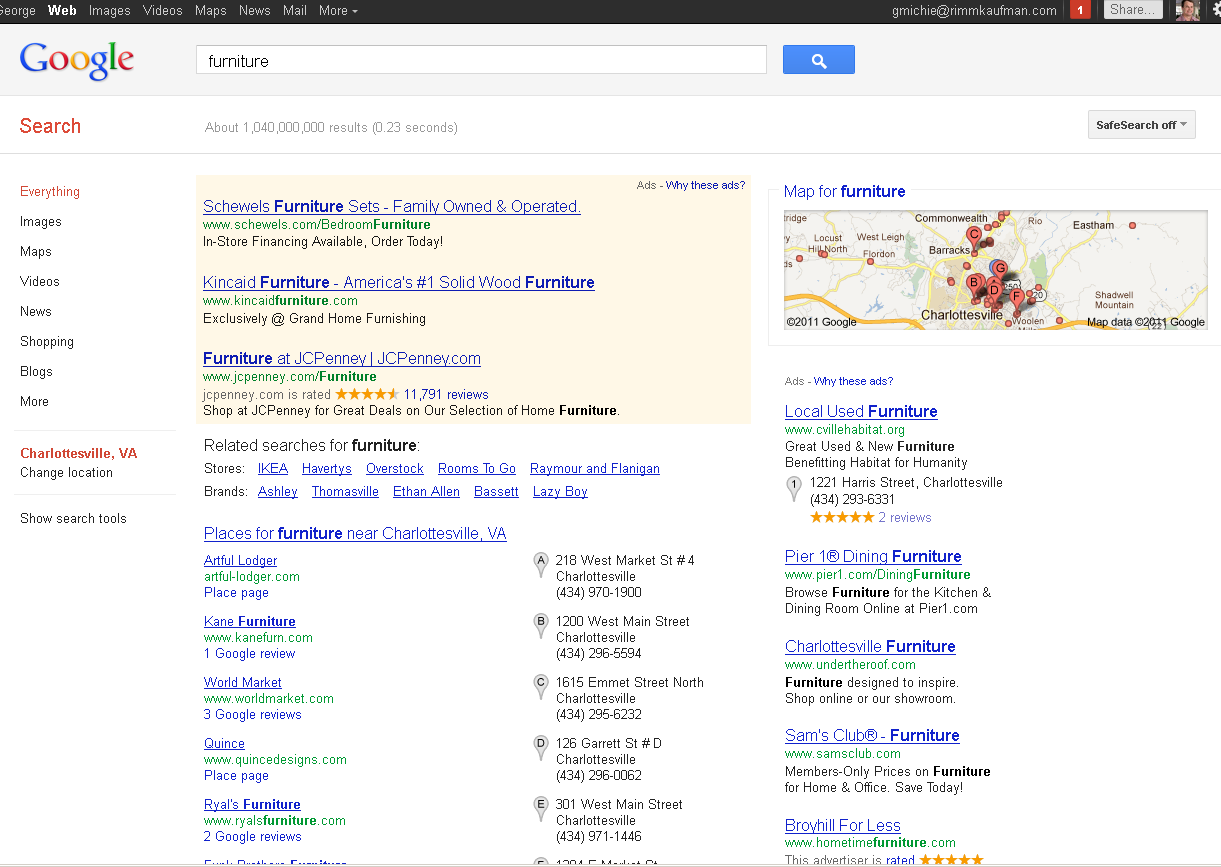By George Michie at Search Engine Land
At the most recent Search Insider Summit, Aaron Goldman moderated a terrific panel titled The Perfect Search Engine (video here). Panelists evaluated how the perfect search engine (PSE) might take information (voice, text, other signals), how it should display that information, and what factors should carry the most weight in ranking results.
Overall, the discussion was great, but chopping up the issue into facets missed the broader implications of PSE. So, I thought Id close out my blogging for 2011 with a prescription of my own and how such changes could impact paid advertising.



